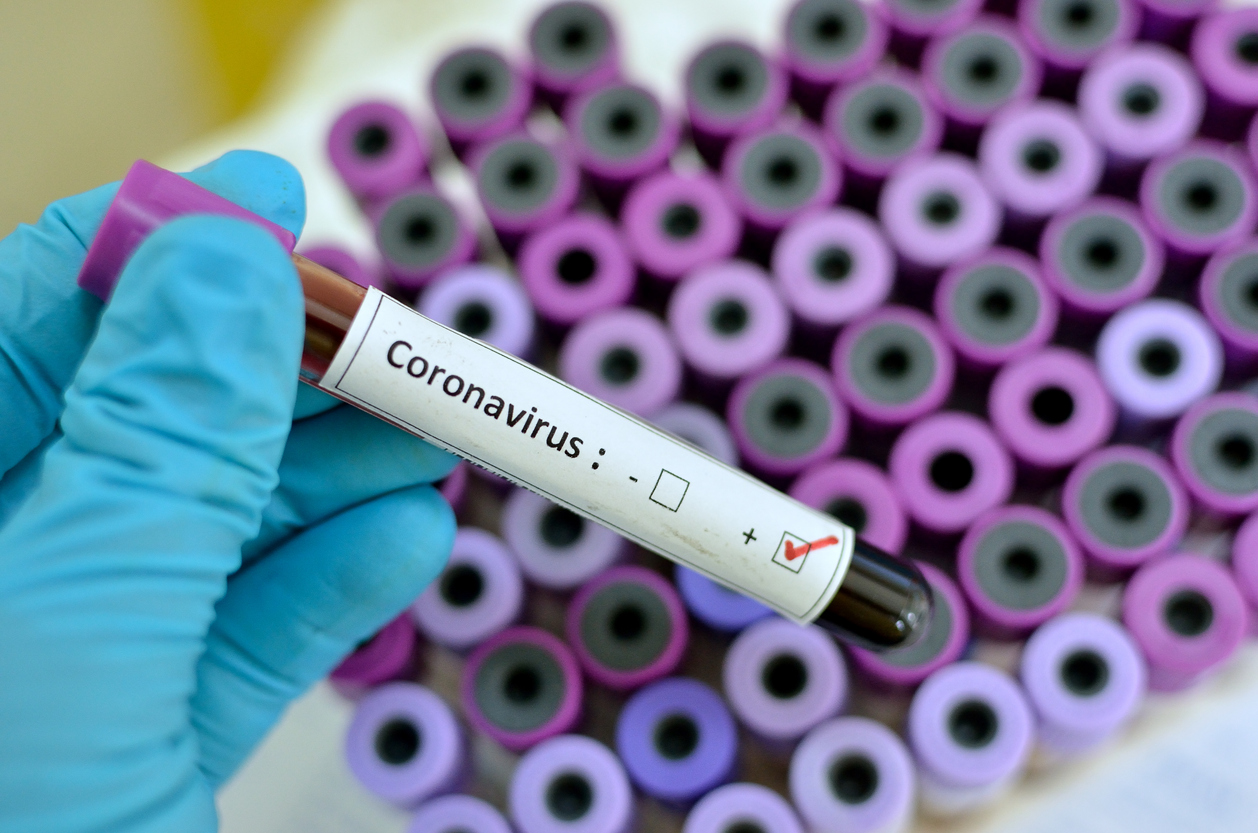Pharma steps up as coronavirus cases soar to 400,000-plus

With the coronavirus pandemic gathering momentum outside China, AstraZeneca has said it will donate 9 million face masks to healthcare workers around the world.
The first shipments of the face masks are already en route to Italy, according to AZ, and other countries will get supplies shortly, with those at greatest need prioritised. The masks will be produced in China, where AZ has a sizeable presence.
The company also says it is making lab resources available to government programmes for screening and diagnosing people, and is testing all employees working in manufacturing and supply chain to make sure access to its medicines continues throughout the crisis.
Merck & Co meanwhile has agreed to donate half a million masks to front-line responders in New York City – which is fast emerging as the epicentre for the outbreak in the US with almost 15,000 cases at last count and 157 deaths – and Amgen is making $12.5 million in funding available to support COVID-19 relief efforts.
Swiss drugmaker Roche has also said it is ramping up production of its COVID-19 tests, and is also boosting supplies of Actemra (tocilizumab), a drug which has just started phase 3 testing as a treatment for pneumonia in people with the new coronavirus.
New containment measures
A sharp increase in cases to more than 400,000 – and another big rise in Italy which previously appeared to have seen new cases level off – is driving countries to implement more stringent restrictions on the public.
The rapid acceleration of the pandemic is apparent from the fact that it took 67 days for the first 100,000 cases of COVID-19 to be recorded, 11 days for the next 100,000, and four days to reach 300,000.
The latest milestone took just two days to be passed, and 85% of new cases are in Europe and the US.
In the UK – which has just seen its biggest rise in cases and deaths since the start of the outbreak to more than 8,100 and 422, respectively – the government has issued instructions to people not to leave home unless it is absolutely necessary.
The exceptions are to shop for essentials like food, to get exercise (once a day only), for medical reasons and to go to work – only if it is impossible to work from home. Non-essential shops, libraries and other public places will be closed, extending the shutdown of pubs and restaurants last week.
Prime Minister Boris Johnson has intimated that police may be asked to enforce social distancing if the public doesn’t act responsibly, and so far the country hasn’t followed the lead of Italy and France and imposed fines on those who don’t comply.
The UK has also announced a new temporary field hospital based at London’s ExCeL conference centre that will be ready to treat COVID-19 cases from next week.
The NHS Nightingale Hospital, as it will be known, will have two wards, each able to house 2,000 people, and will be operated with the help of the military. Another 250,000 volunteers are being sought to help the NHS cope with the crisis.
The government is however taking some flak from critics – including former Health Secretary Jeremy Hunt – who say the country isn’t carrying out enough diagnostic tests to keep a lid on the spread of coronavirus, and is falling behind other countries like Germany on screening.
Elsewhere, India has imposed a three-week total lockdown on its entire 1.3 billion population after a spike in cases, while Japan has finally decided to formally postpone the Tokyo Olympics until next year, after Canada and Australia both said they would not send athletes if the games went ahead.
Meanwhile, France has said 40% of its intensive care beds are now occupied, and doctors are warning that the healthcare system is at risk of being overwhelmed unless the population adheres strictly to containment measures.












